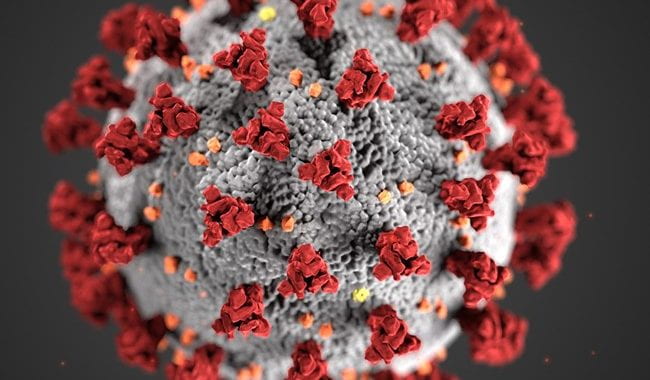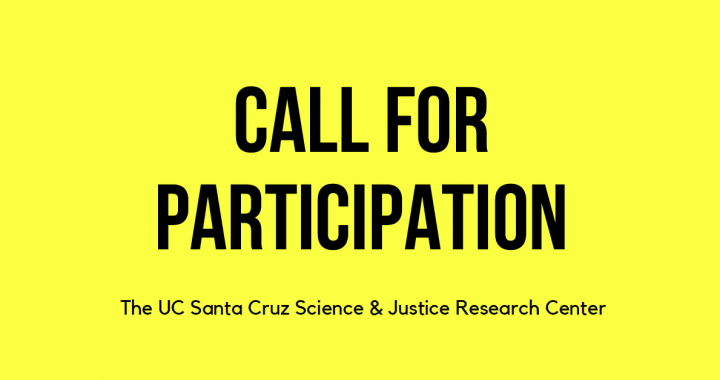The SJRC has a robust network of local and international public health experts, scholars, and practitioners leading the way with collecting resources for teaching about COVID-19, writing open response letters, developing news items, and calls for action and organizing and participating in online events.
Looking to teach about Covid-19 (coronavirus)?
Follow the conversation on Twitter via #teachthevirus, #CoronaVirusSyllabus, and #CoronaSyllabus
Open Access Reading Lists
- Alondra Nelson gives an interview on the creation of the #Coronavirussyllabus
Teaching COVID-19: An Anthropology Syllabus Project
UC Santa Cruz Spring 2020 Courses addressing COVID-19
SOCY 139T-02: Coronavirus and community: Sociological research on impacts and responses to the pandemic, will center around a recently released call for papers from Contexts Magazine: Sociology for the Public. Taking a social science perspective and building on students’ own interests, the course will provide support for independent research projects that explore COVID-19 from a variety of vantage points. For example, students might explore the ways that the pandemic has affected election politics, food security, access to health care for college students, quality of education, income inequality, continuity of work, social isolation, or a variety of other topics. Research could include exploration of news or social media coverage, online surveys, historical analyses, ethnography, interviews (conducted remotely), community mapping, or other methods. Students will choose their own research topic and conduct an original research project, working through the research design, data collection, analysis, and writing process through the course. Instructor: Rebecca London. Enrollment is by application and permission of the instructor.
SOCY 194: Living and Learning in a Pandemic: The Sociology of COVID-19, will draw upon insights from the Sociology of Medicine, Science and Technology Studies, Feminist Studies and Critical Race Theory to study the current pandemic, COVID-19. The class will be part seminar and part group research. During the first two weeks of class, students will form research teams to focus on various aspects of the pandemic, and how different communities and sectors of society are responding. Key questions at the heart of our discussions will be: How are ‘health,’ ‘society,’ the ‘self,’ and ‘community’ being remade in this moment? Who and what has the authority and trust needed to remake these vital things, and effectively govern and respond to this global health crisis? Key themes will include: trust in science and government; new forms of stratification; medicalization; labor on the frontline (new vulnerabilities); the crisis of neoliberalism; a new social contract for public health and justice. Periodically, students will hear from guest lecturers who are on the frontlines of the pandemic, including labor organizers, public health professionals and scientists. Students will both produce independent research and works of public sociology designed to help share information with their communities about the pandemic. Prerequisites: SOCY121, SOCY 121G, an equivalent class, or have been admitted to the Science & Justice Internship/IS program by permission of instructor. Instructor: J. Reardon. Limited to 20 students.


